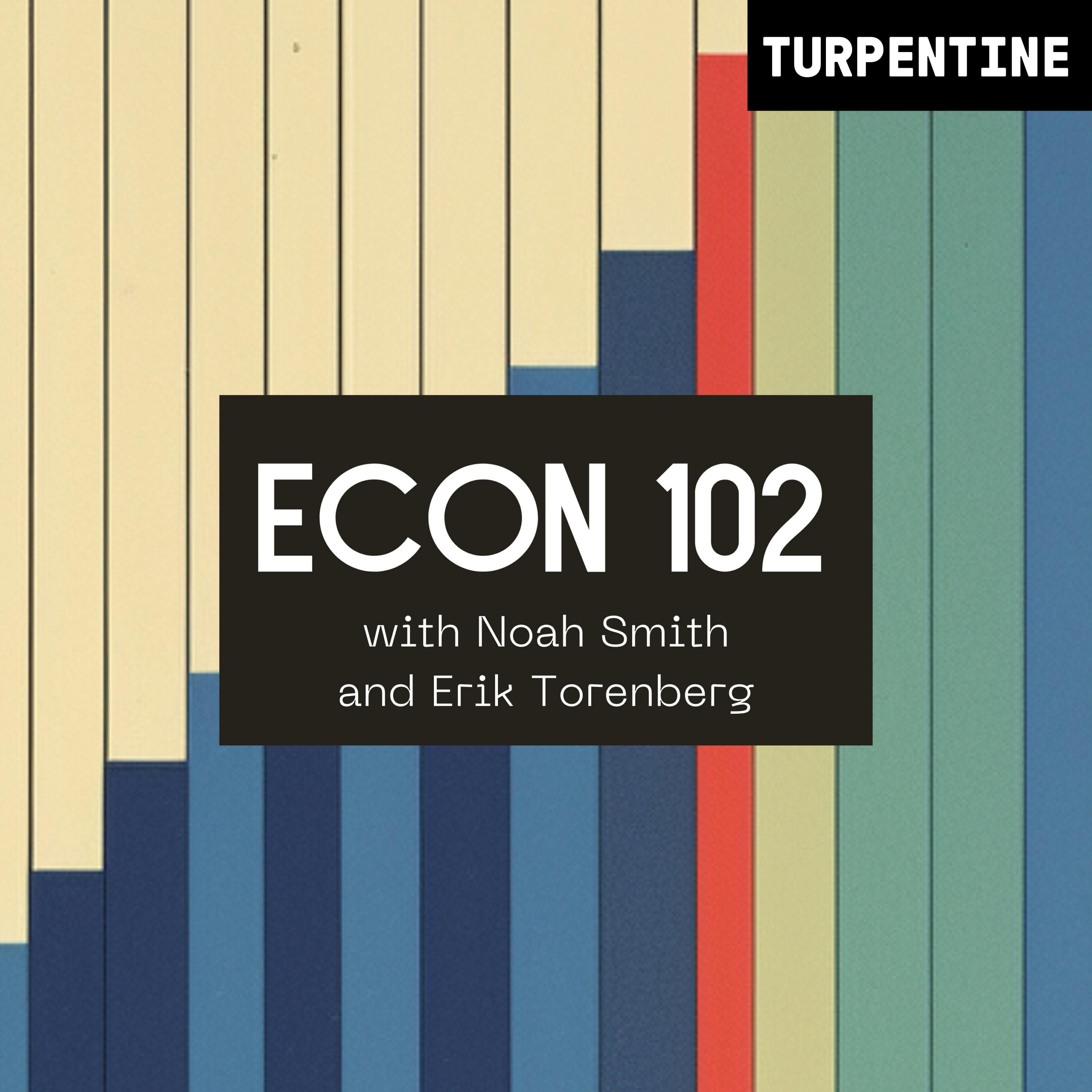PortalsOS
Related Posts
Vote to see vote counts

The financial system is excited about the high costs of AI technology, as it allows for more sophisticated financial deals and investments.
AI's development may lead to a situation where finance outpaces real revenue, causing a temporary crash, but the long-term potential remains strong.

Current AI models can reason but lack the economic value expected from their capabilities, as evidenced by OpenAI's revenue compared to traditional companies like McDonald's.
The AI market might see a crash similar to the early 2000s, but this would be an opportunity to invest as AI is expected to continue growing.
The rise of AI has created a new landscape where technology is expensive, allowing for more sophisticated financial projects and investments.

AI's impact on the economy might not lead to massive profits for AI providers, similar to how solar energy is essential but not highly profitable.

Over 80% of the stock market gains in 2025 are from a few AI-related companies. This is not a sustainable economic model, as these companies are essentially trading among themselves.

The current AI infrastructure spend is likened to speculative investments, with the hope that it will lead to significant breakthroughs, despite the lack of clear business models.

The concentration of market value and earnings growth in a small number of companies poses risks. A significant market drawdown could trigger a recession, especially if AI expectations are not met.

The AI bubble remains large but hasn't popped. Companies like OpenAI are selling a high-margin story while hoovering capital cheaply and investing in infrastructure, which may not depreciate as fast as expected.